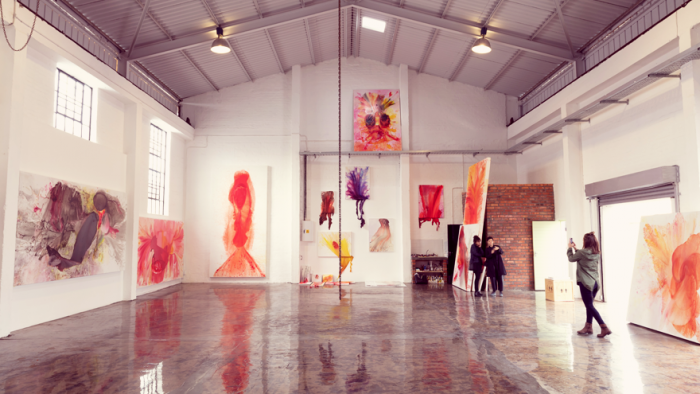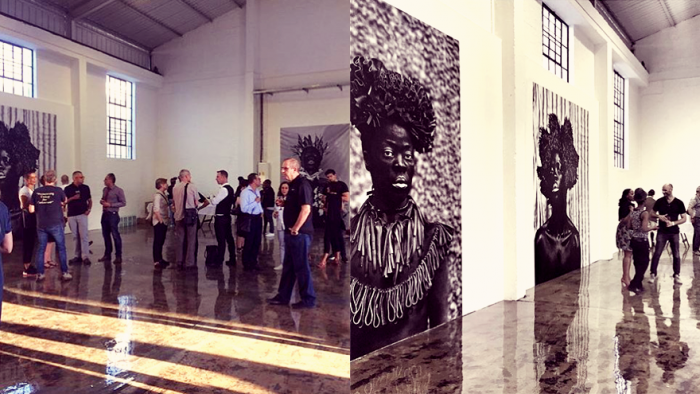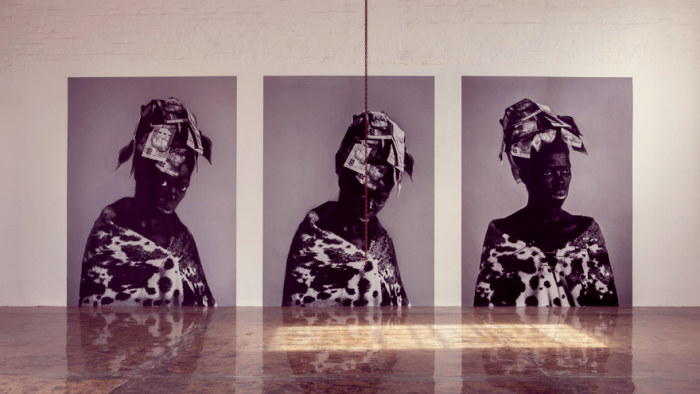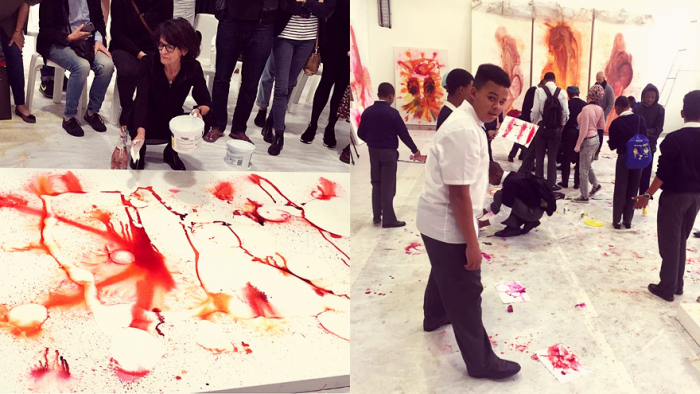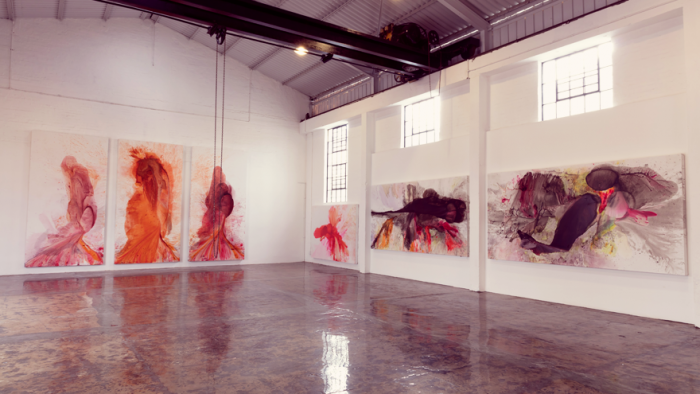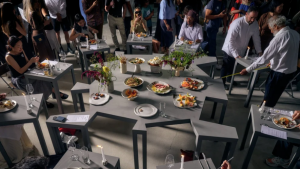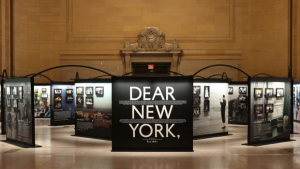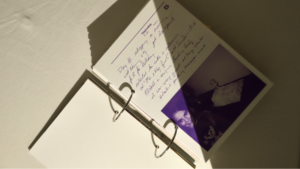The arts are a reflection of the time in which they exist. The work of musicians, designers and artists question society and deliberate the human condition. But what of the way that art is presented to the public? An artwork’s philosophical or emotional impetus aside, what meaning is lost or gained in the presentation itself?
One of the more common ways to experience art is through the conventional art gallery. But, the conventional model, where the distance between artist and public is unmistakable, is quickly evolving. One of the spaces bridging this distance is Cape Town’s Maitland Institute.
Founded in late 2016 by Tammi Glick, a local businesswoman who is passionate about the city’s creative scene and its growing identity, Maitland Institute serves as a refreshingly freeform disruption to the way artists bring their work to public life. It is an “open studio”, as she refers to it, hosting artists for experimental residencies with a non-prescriptive brief regarding what they should do with the space during that time.
The Maitland Institute has so far hosted artists such as Penny Siopis and Zanele Muholi, the former of whom presented open workshops and intimate speaking engagements for anyone to attend in addition to her large-scale visual exhibitions.
“This is a place where ideas are cooked up,” says Glick, “I merely facilitate a space for artists to bring their work to life and exchange socially with their audience on their own terms. I am particularly excited to see what this unrestrictive approach could mean for live performance art in Cape Town moving forward.”
Access to the Maitland Institute is dependent on the artist who inhabits it, meaning it is only open once a body of work is there to experience. While it's still too soon to tell, this irregularity in the schedule has not hampered the success of the unique art space. It offers once-off creative workshops and a chance to participate in enlightening discussions with artistic minds. Despite not dictating a future trajectory for the Maitland Institute, or perhaps because of it, the founder is optimistic to see how this constantly adapting approach could induce a ripple effect of artists interacting with their audience on a more levelled and less politicised plain than most art galleries offer.
To find out more about the upcoming events at the Maitland Institute, click here.
Photography credit: Mario Todeschini

